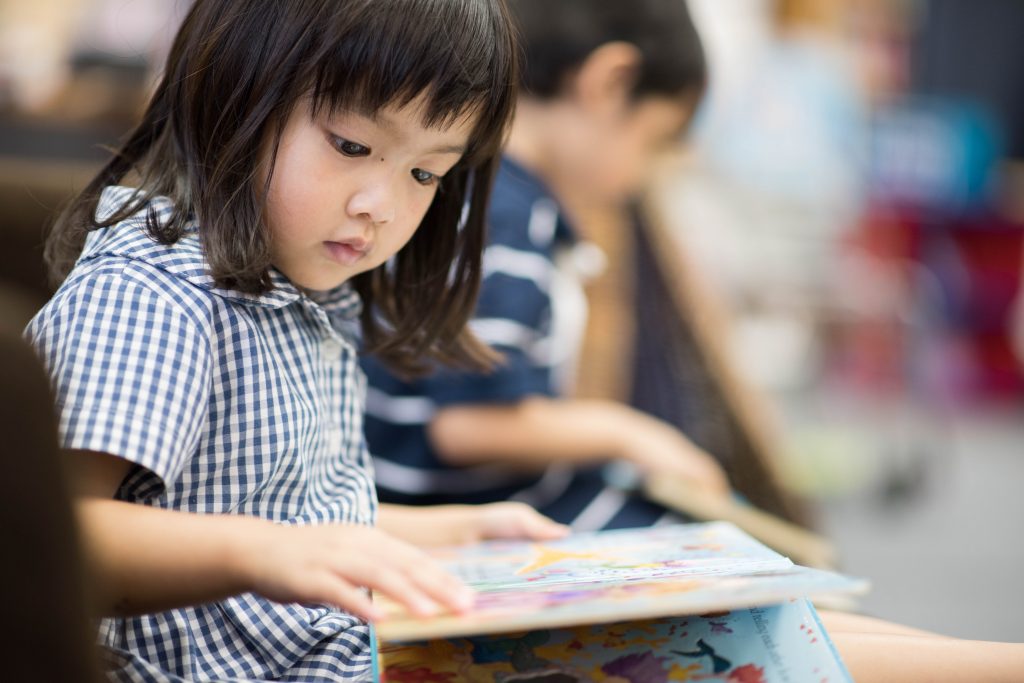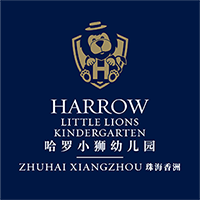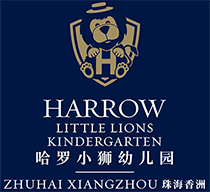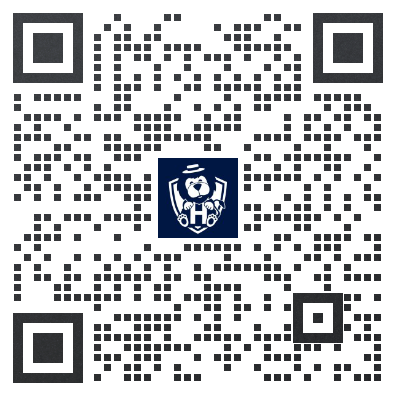Young children are uniquely suited to learn languages as the brain is in its most flexible stage. As adults learning a language we tend to focus on grammar rules and practice, but young children can absorb sounds, structures and intonation patterns and the rules of a language easily.
Dr Annamaria Pinter gives a definition of bilingualism as “…having or using two languages and speaking them with the fluency characteristic of a native speaker”. This definition forms part of the core aspiration for Harrow Little Lions.
Drawing carefully on evidence from research in the field of early bilingualism, Harrow Little Lions has developed an approach that ensures the acquisition of English sits alongside the acquisition and appropriate development of a child’s home language of Chinese. This ‘balanced’ bilingualism means that we ensure children are prepared and supported to use two languages not only for learning but also for social interactions and appropriate self-expression.
Our bespoke bilingual curriculum is carefully designed to promote and encourage the application of skills and knowledge in two languages. We avoid the use of translation and advocate the policy of separating languages. Within our bilingual teaching teams, we work together to plan the day-to-day curriculum and ensure that each child is supported to learn in line with their own level of development.
For Pre-K and K1 the home language teacher takes a more dominant role within the classroom, enabling the children to build a strong and solid foundation of vocabulary and expression in Chinese. At the same time, the native English-speaking teacher will support exposure to English through simple action rhymes, songs and games, and simple phrases.
As children move to K2 and K3 there will be a gradual shift to a more balanced approach to the use of Chinese and English in the classroom. Adult led learning, whether in whole class or small group situations, will be allocated more equally and expectations for children to respond in English as their understanding, vocabulary and confidence develop, will increase.
As well as developing bilingualism, our approach promotes the principle of ‘International Mindedness’. Children will develop a strong sense of their own cultural identity, through the celebration of local and national festivals and extended opportunities to learn about the customs, traditions and history of their heritage. They will also be supported to understand and appreciate the diversity we see in the world around us, gaining respect for customs and traditions of cultures different to their own. This will prepare our students to live and communicate effectively in the globalised world that is continuing to expand around them.




